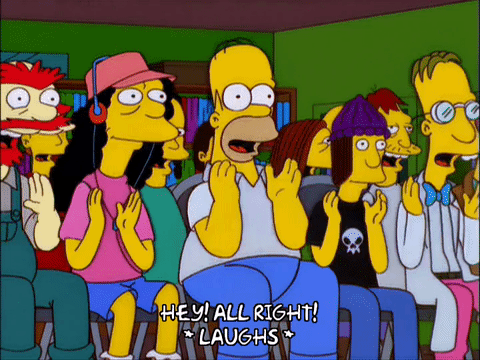Opinion
Review & Outlook
The Lesson of Trump vs. Powell
Their dispute is a reminder that monetary policy can’t make up for economic policy errors like tariffs.
By The Editorial Board
Updated April 17, 2025 4:56 pm ET
President Trump’s tariff war isn’t going well, with market ructions and evidence of a slowing economy. So it was probably inevitable that Mr. Trump would demand that the Federal Reserve ride to his rescue by cutting interest rates. The President took to social media Thursday morning to blast Fed Chairman Jerome Powell with his familiar nuance.
“Jerome Powell of the Fed, who is always TOO LATE AND WRONG, yesterday issued a report which was another, and typical, complete ‘mess!’ Oil prices are down, groceries (even eggs!) are down, and the USA is getting RICH ON TARIFFS,” Mr. Trump wrote. “Too Late should have lowered Interest Rates, like the ECB [European Central Bank], long ago, but he should certainly lower them now. Powell’s termination cannot come fast enough!”
Mr. Trump was reacting to Mr. Powell’s remarks Wednesday that the President’s tariffs complicate the Fed’s job of maintaining stable prices with low unemployment. “The level of the tariff increases announced so far is significantly larger than anticipated. The same is likely to be true of the economic effects, which will include higher inflation and slower growth,” Mr. Powell told the Economic Club of Chicago.
The problem for Mr. Trump is that Mr. Powell spoke the truth. Tariffs are a tax, which means higher prices for tariffed goods. Mr. Trump has imposed a minimum tariff on the world of 10%, which is roughly four times the previous average U.S. tariff rate of 2.4%.
That will be at least a one-time increase in inflation for imported goods that will flow into the Labor Department’s consumer-price data. The hard decision for the Fed is whether to look past that one-time increase and assume it won’t become part of consumer inflation expectations.
But there’s also mounting evidence that household and business uncertainty is mounting, which will weigh on the private investment Mr. Trump needs to spur growth. Consumer spending could ebb as falling stock prices cause the “wealth effect” underpinning consumer confidence to go into reverse. Many economists think a recession is on the horizon.
Mr. Trump is right that the Powell Fed has been wrong before. Its mistake in accommodating a gusher of federal pandemic spending with easier money contributed to the worst inflation since the 1970s. The Fed has been trying to claw back from that mistake, with some success. But the Fed hasn’t reached its target inflation rate of 2%, so Mr. Powell is right to be wary of trying to offset the impact of tariffs by easing money too much or too soon.
That was the mistake the Fed made in the 1970s after Richard Nixon suspended dollar convertibility to gold and blew up the Bretton Woods monetary system. Mr. Trump’s tariff barrage is the biggest assault on the world trading system since the end of Bretton Woods.
The world is also paying attention to Mr. Trump’s call for the “termination” of Mr. Powell, whose term runs to May 2026. The President often talks in private of firing the Fed Chairman, who wouldn’t go quietly. This would tee up a protracted legal fight, with market turmoil to match as investors awaited a Supreme Court ruling on the legality of dismissal. That’s the last fight Mr. Trump needs now.
If the President wants faster growth and less market turmoil, he can help by ending his tariff campaign. Then get Congress to move on a tax and spending cut bill, and press ahead with deregulation. The main lesson from Trump vs. Powell is that the central bank can’t make up for the economic policy errors of politicians.
wsj.com
 |





